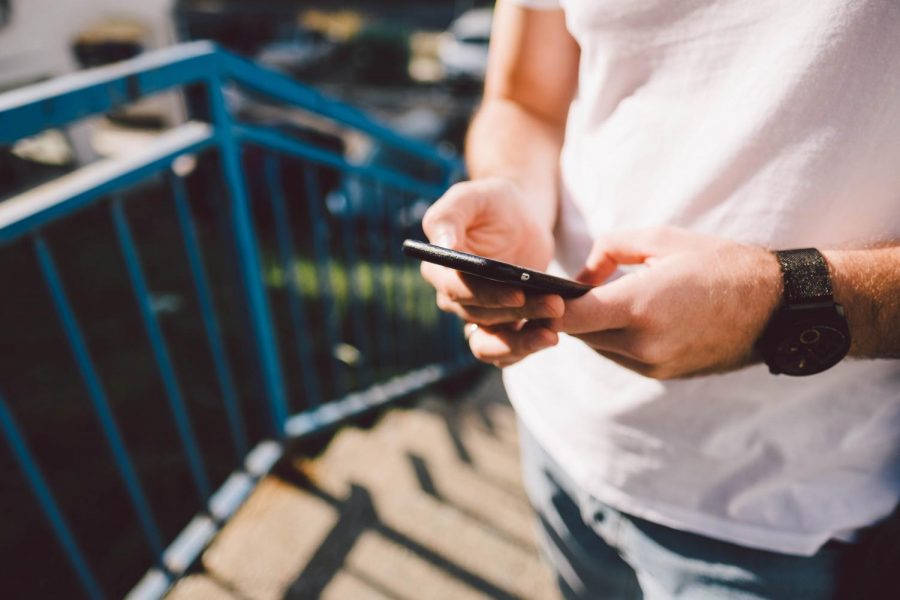Last week while FaceTiming a friend, my conversation was interrupted by a particularly frightening notification: my average daily screen time had increased by nearly 50% from the previous week. I was shocked — then curious. I already know I spend entirely too much time behind screens, but as a college student amid the coronavirus pandemic it is not exactly easy to stay away from technology. And I shouldn’t have to limit my technology use either.
We are living through a period where technology is in many regards the only connection to normalcy. After all, screens are the reason why I can still pursue my education, continue work and keep in touch with friends and family when I can’t even leave my house.
A 2019 International Journal of Environmental Research and Public Health study found college-age individuals already spend an average of between eight and 10 hours a day on smartphones alone. Although statistics surrounding screen time during the COVID-19 pandemic have yet to be published, more people are confined to their home and using technology to proceed with life, myself included.
This is concerning, though, considering the widely established consequences excessive screen time can have on someone’s mental and physical health.
A 2017 Journal of Preemptive Medicine study found that adults who spent six or more hours using computers and/or watching television were at a significantly higher risk for depression. A 2012 Journal of Preemptive Medicine study found those who practice a combination of low physical activity and high amounts of screen time were far more likely to rate their health as “poor.”
However, these studies only focus on the amount of time spent using screens, not what screens are being used for. This is why, even under normal circumstances, experts have not agreed upon a magic number of hours or minutes in which screen time should be limited. While two hours is recommended for children, among adults who use screens for work, education and social networking, this isn’t the case.
In reality, effectively managing screen time has less to do with how long you spend behind screens and more to do with the activities you engage in. In other words, context matters.
If you’re spending countless hours binging Netflix shows or playing Animal Crossing, you’re probably not utilizing screens in a beneficial way. While these activities may be entertaining, they are hardly productive and if you’re not participating with others, potentially isolating.
Digital entertainment is not an inherently bad thing but too much at one time is. Many of the negative effects of screen time don’t actually come from screens themselves but rather from sitting — and sitting alone — for prolonged periods of time.
Striking a healthy balance is key. Make sure when you’re using screens for entertainment to take a break after an hour or two and if possible enjoy digital entertainment with others.
For students managing online course work and individuals working from home, it is difficult to avoid prolonged screen time during the coronavirus pandemic. In these current circumstances, technology seems to facilitate daily life — a stark contrast from unhealthy habits which typically impede routines.
It is also worth noting that many individuals are utilizing digital pathways to connect with friends and family they are separated from due to various stay-at-home orders. For those isolated from others, technology can provide a channel of interaction otherwise unavailable. This is very important in combating the effects of social isolation.
Those experiencing social isolation can face difficult mental health challenges like depression, anxiety, panic attacks and loss of motivation, according to the American Psychological Association. Digital networking, especially in a time when people are forced to remain physically distanced from one another, is critical.
Managing screen time, particularly during the coronavirus pandemic, means more than cutting back an hour of scrolling through your phone. It means using technology to move forward when life seems to be on pause. So don’t worry too much about that weekly screen time report — worry more about how you can use screens proactively.
This story was written by Nicole Laudolff. She can be reached at nicole.laudolff@marquette.edu.




